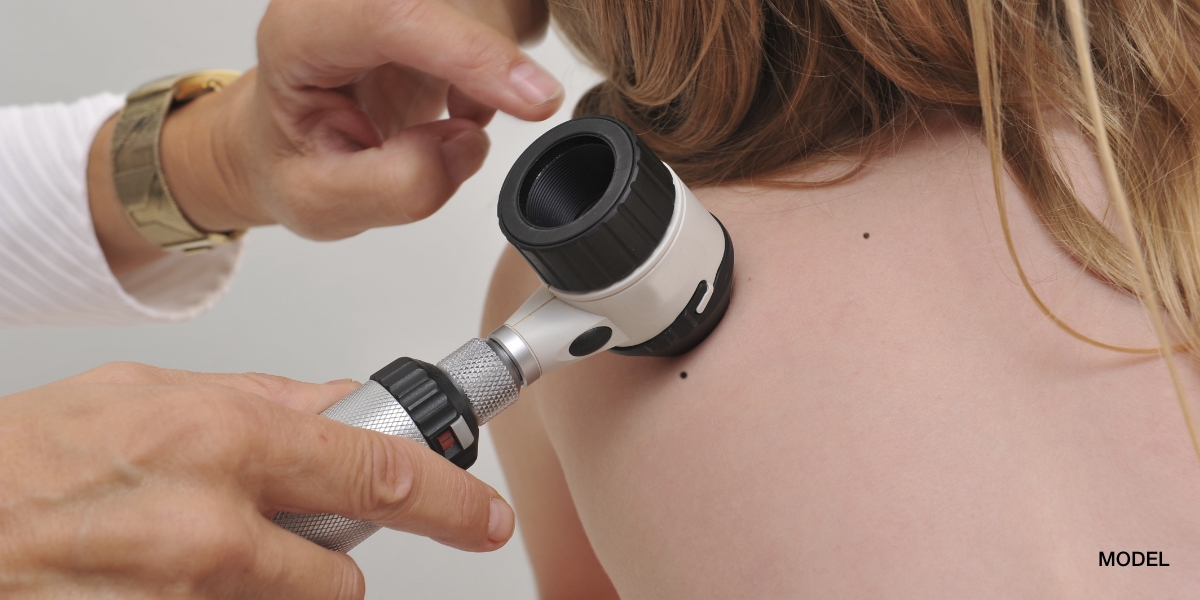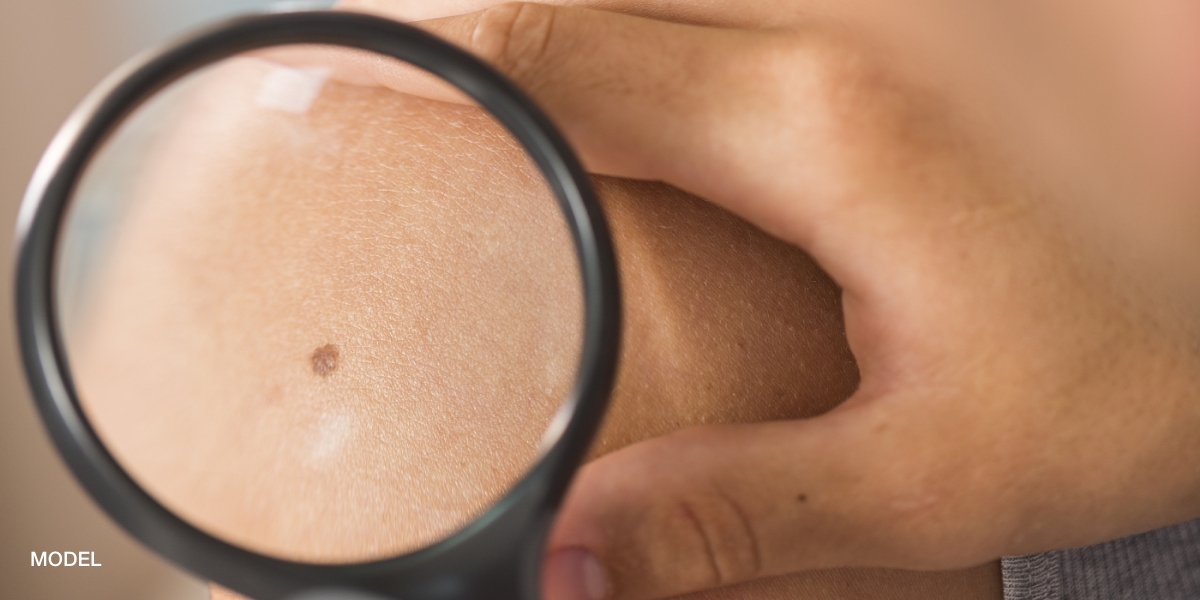Ance is a skin condition affecting millions of patients beginning in pre-teen years and, in some cases, lasting well into adulthood. Acne can cause decreased self-esteem, self-consciousness, and the scars it often leaves behind can last a lifetime. When your pores retain oil and skin cells, the result is skin inflammation commonly known as acne.
Ance is generally classified into one of three categories: mild, moderate and severe. Mild acne is typified by small blackheads, whiteheads, or pustules appearing at or near the skin’s surface. In some cases, mild acne can sometimes be controlled at home by gently washing twice daily and the use of topical treatments such as benzoyl peroxide and/or salicylic acid.
Moderate acne is deeper and more extensive than mild acne, and usually requires dermatological help in the form of over-the-counter or prescription medications. Severe acne presents itself as deep cysts, inflammation, and extensive skin damage. It often requires additional dermatological intervention such as drug therapies and occasional steroid injections to treat effectively.
While the cause of acne is simple, there are four reasons why patients are more acne-prone than others: genetics, hormones, stress, and menstrual cycles. Genetics is the number one reason why people have acne, but increased levels in hormones can also be the culprit, which is why many pre-teens start having acne as they go through puberty. But there is a link between emotional states and acne, as patients who are more anxious or exposed to a lot of stress tend to develop acne more than the average person. Women are also more likely to develop acne as a result of hormonal changes related to their menstrual cycle as well.
Common myths about acne such as unhealthy diets and cleanliness are not proven to link to acne outbreaks, however, it may be an indication of one or more of the above causes.
To prevent acne scarring, there are several ways to go about it. One option is to consider medication to prevent the pimple from appearing in the first place. There are topical and oral treatments that a dermatologist can prescribe or recommend over-the-counter depending on your skin’s condition. Another option is to not pick the pimple. However, many individuals will mess with it in some kind of way so if you do try to pop it, clean the areas after you mess with it. Patients can also quickly decrease inflammation symptoms by topical spot sulfur treatments or making a paste out of crushed aspirin and water for those in a bind. Lastly, while you should use sunscreen to protect your skin daily, use extra sunscreen when you’re breaking out. This helps prevent cells from becoming more active and reduces the risk of scarring.
If you have additional questions about the skin conditions mentioned or have a concern regarding your current condition, contact our team today! Unsure if your insurance will cover your visit? Check out our insurance coverage page for a list of accepted insurance companies so you know beforehand if you’re covered.




